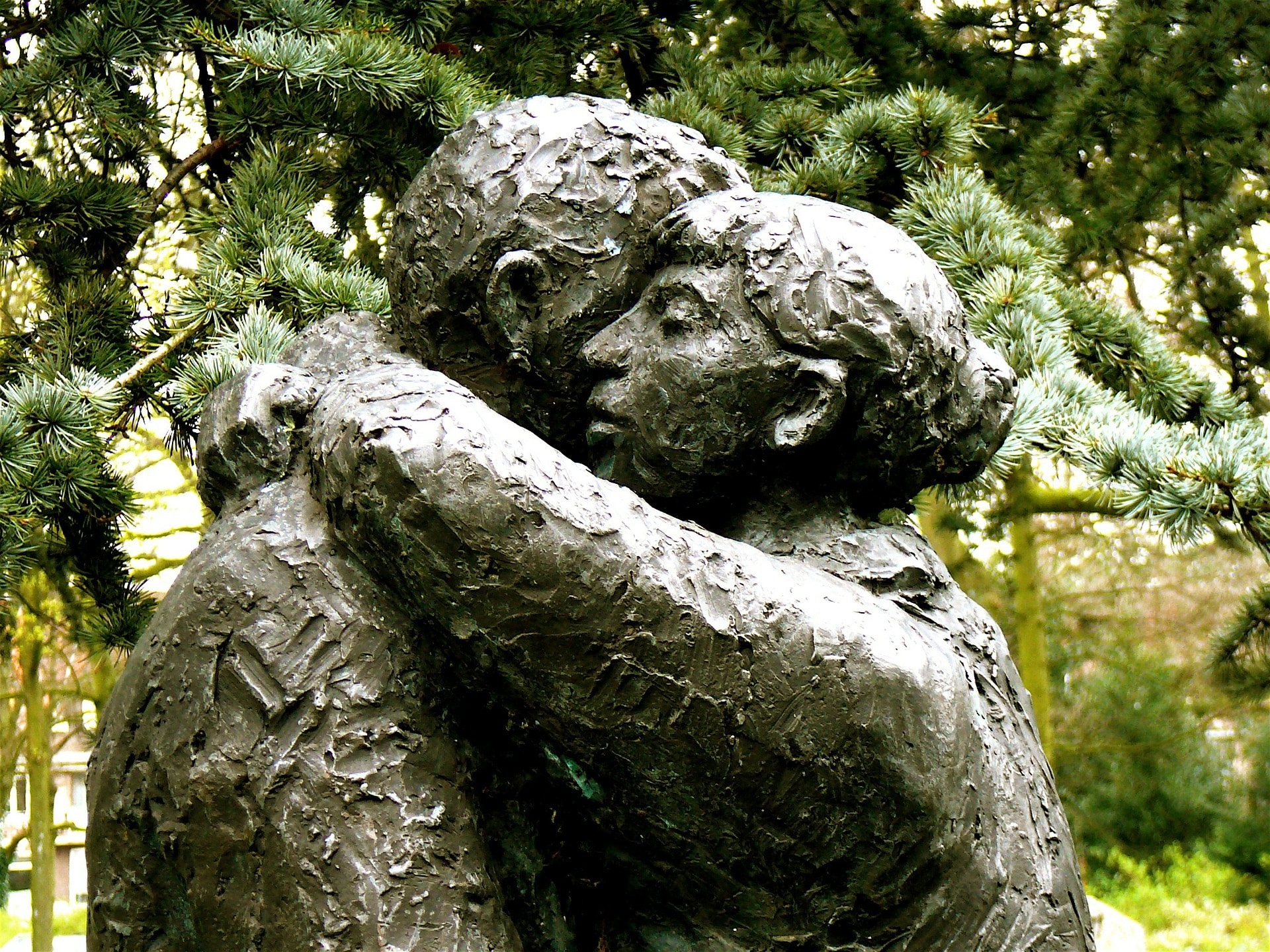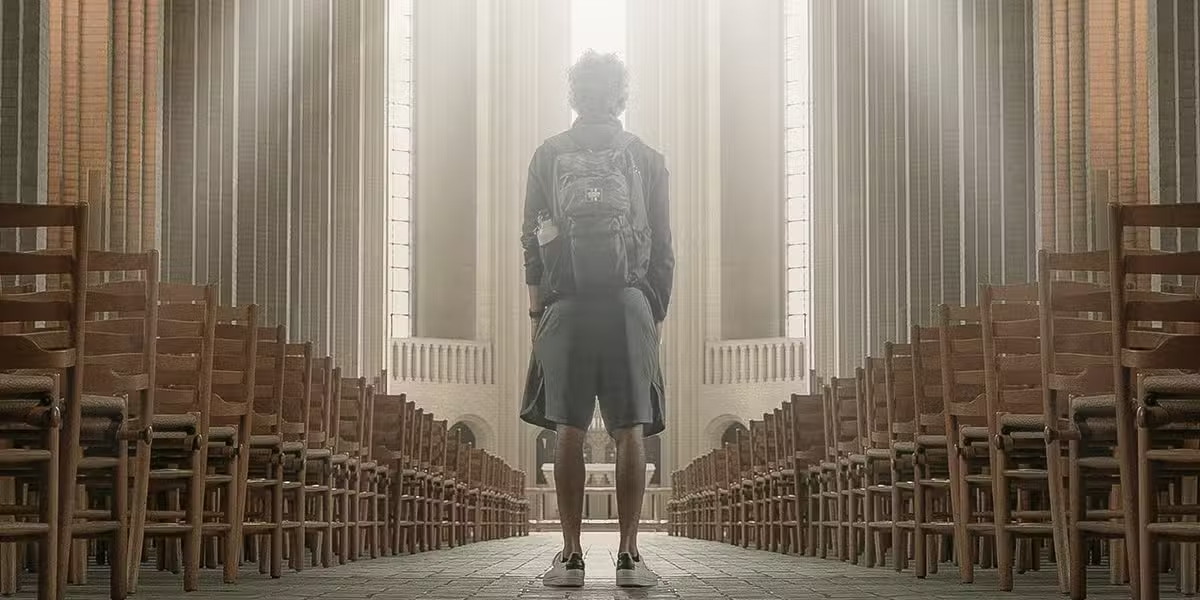READ
LK 6:27-38
Jesus said to his disciples:
“To you who hear I say,
love your enemies, do good to those who hate you,
bless those who curse you, pray for those who mistreat you.
To the person who strikes you on one cheek,
offer the other one as well,
and from the person who takes your cloak,
do not withhold even your tunic.
Give to everyone who asks of you,
and from the one who takes what is yours do not demand it back.
Do to others as you would have them do to you.
UNDERSTAND
by Father Greg Friedman, OFM
There’s a built-in irony in today’s Liturgy of the Word. We read from Luke’s Gospel, and Jesus’ “Sermon on the Plain,” which was introduced last week. Jesus delivers a radical message about how to treat our enemies—with non-violence, forgiveness, and mercy. The liturgy gives us a companion First Reading. The choice: a scene from the First Book of Samuel starring the future King David. We see David sparing his enemy, King Saul.
But the irony is that David, elsewhere in the Bible, is hardly a non-violent figure. He’s more typically a man of his era—meting out vengeance to enemies, inflicting violence on friends, and saddling his own people with the consequences of the king’s personal sin. Hardly a poster child for non-violence!
And yet perhaps this Biblical scene of forgiveness is more potent because of who David was. I’m reminded of the historic Camp David accords, in which President Jimmy Carter brought together Menachem Begin and Anwar Sadat—two veterans of war, terrorism, and violence—in pursuit of peace. And even though their agreement was flawed, and the Middle East remains a violent place, some good did result.
Our world—the Middle East included—is as violent as David’s world—possibly more so—given our weapons technology and our terrible history of violence. Had King David heard Jesus’ message, how would he have responded? More importantly, how will we?
DISCUSS
by Father Dan Kroger, OFM
- King Saul was searching for David in this week’s first reading. Saul was angry with David because God seemed to have favored him. But David would not harm Saul, even when David could have killed him. How could David have killed Saul?
- In the second reading, Paul argues that the resurrection of Jesus means that all can be raised from the dead. The mortal will become immortal in the resurrection, contends Paul. Does this make sense to you? Why or why not?
Paul also argues that God gave life to the first Adam. Now the last Adam (Christ) will become a life-giving spirit. Do you think that Paul is right?
- The Gospel this week is a continuation of Luke’s account of the “Sermon on the Plain.” This segment raises the law of loving our neighbor to a new level. Loving our enemies is a great challenge. What are some ways you could love your enemies?
“Be merciful as your Father is merciful.” This teaching of Jesus seems based on the book of Leviticus which teaches that we must be merciful because the Lord our God is merciful. Can you see the connection?
ACT
by Susan Hines-Brigger
- All of us have someone who has hurt us at one time or another. Our natural reaction is to not want anything to do with that person. But today’s Gospel encourages us to do the opposite. Take this opportunity to forgive someone. Either let that person know that you forgive him or her, or just forgive the person in your heart.
- The final verse of the Gospel says “Give and gifts will be given to you.” Make some small goody bags and distribute them randomly to people you meet, such as someone at the grocery store or that you pass on the street. Remember, though, to always have an adult with you when you do these activities.








